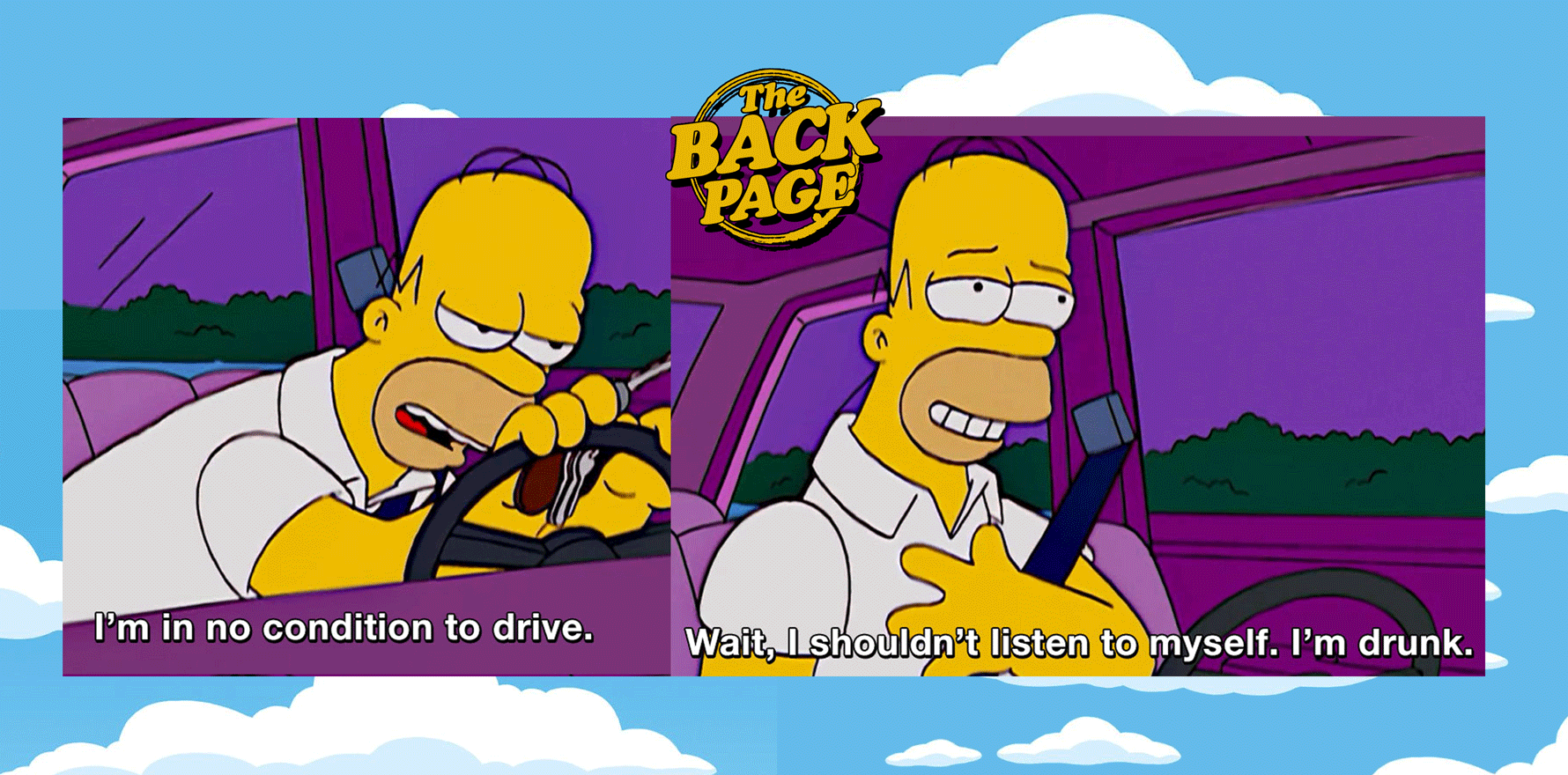Australians are poor evaluators of our own drunkenness, which could affect our experiences in bars, pubs and clubs.
Everyone knows Australians love a drink.
This love has been documented on television (remember the giant Foster’s cans in The Simpsons, or that infamous tongue ad for Toohey’s Extra Dry), in song (beer flowing, men chundering) and in our political leaders (former Prime Minister Bob Hawke famously sculled a yard glass of beer in just 11 seconds in 1954).
But despite how much we love a drink, it turns out we aren’t very good at judging how intoxicated we get off the alcohol we’ve consumed.
According to research published earlier this month in the journal Drug and Alcohol Review, people typically underestimate their blood alcohol content (BAC) during a night on the sauce. But that’s not the surprising finding.
Deakin University researchers spent Saturday nights roving four night-time entertainment precincts in Queensland – Fortitude Valley, West End, Cairns, and Surfers Paradise – randomly sampling over 2000 pub-goers. (The paper does not record whether being quizzed about their boozing by local academics enhanced the subjects’ night.)
Participants provided an estimation of their BAC before undergoing a breathalyser test.
Researchers calculated the difference between estimated and actual BAC to determine how accurate patrons were at keeping track of their tipple intake.
Although people performed poorly across the board, the accuracy of individual estimates varied depending on how much alcohol patrons had consumed.
Those on the sober end of the spectrum (blowing under 0.05) were more likely to overestimate their BAC, while more intoxicated individuals (blowing 0.08 or more) underestimated how intoxicated they were.
These results took researchers by surprise.
“Unexpectedly, sober patrons were not the most accurate estimators of intoxication level. Rather, those who were moderately intoxicated (i.e., a BAC of 0.050 to 0.079 g/dl) had on average, the most precise BAC estimates,” they wrote.
The authors are calling for improved BAC education at both the individual and community level, which could reduce alcohol misuse and related harm, lessening the burden on venue staff and emergency services.
“Researchers suggests that social drinkers can learn to successfully gauge their level of intoxication. This can be achieved by a combination of internal (paying attention to cues at different BAC levels) and external (BAC education) training,” they wrote.
The Back Page will drink to that.
If there’s anything you want to raise a glass to, let penny@medicalrepublic.com.au know.


